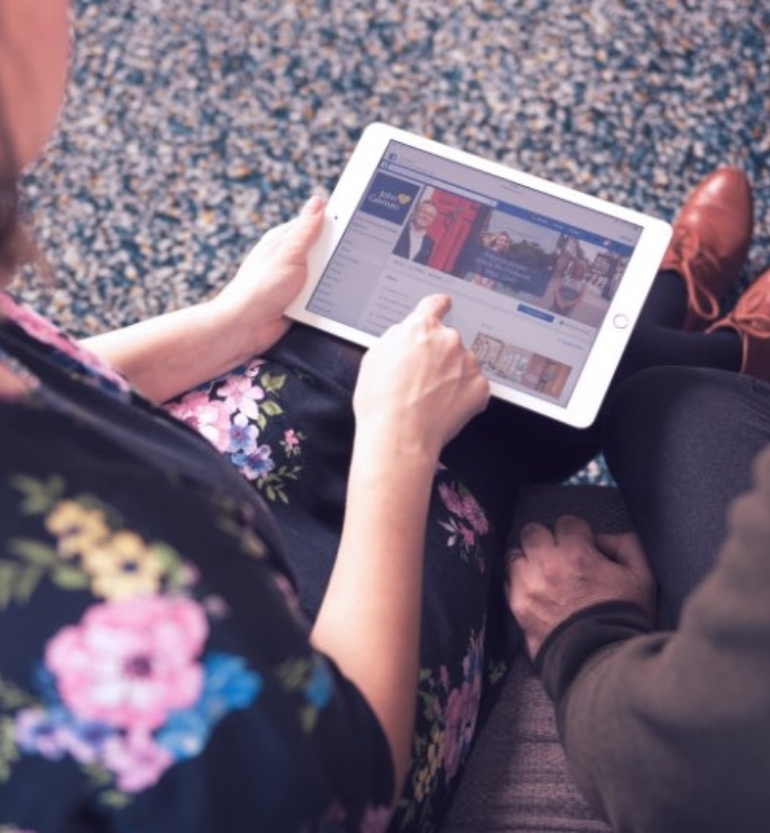

Buying a house isn’t something you do everyday. With many factors to take into account including budget, costs and selling an existing property, where do you start? Here is a guide to buying a house to help you understand the process.
The advantages and potential benefits of buying a house include;
It’s your home and no one can tell you otherwise. You can decorate it and furnish it as you want and you will gain the benefits of the improvements (including a potential increase in value if you sell). Also by owning your own property you won’t have to deal with an unreasonable landlord or move out at short notice.
When interest rates are low, and if you have a big deposit, home ownership can prove cheaper than renting. With fixed rate mortgages, you can control your costs more easily than being left at the whim of a landlord.
In a rising property market you will benefit from the increase in property values. For many people, the most money they have made in their lives is from the rising value of their home. You are investing rather than spending – instead of paying rent that pays off your landlord’s mortgage, your monthly payments will be contributing towards something that is yours. In addition, if you decide to live elsewhere for a while, you can make money renting it out.
Finding out how much you can afford is one of the first things to do. If you require a mortgage, it is a good idea to speak to your bank or a mortgage advisor before you start looking.
We can put you in touch with independent mortgage advisors, Apr Money Limited, who will to discuss the options available to you, taking into consideration your salary, outgoings and any debt. By having your finances in place you’ll most certainly be a better position to make an offer on a property. FIND OUT MORE
If you are already a homeowner there are a few options…
Remember there is more than just a mortgage to consider, costs involved in buying a house include:
Bear in mind that you are likely to have to compromise on the items towards the bottom of the list – unless you are very lucky!
Look online on property websites such as Rightmove and OnTheMarket to help you source the information you require. Note: Actual sold prices are usually published 6 months behind or more, depending when the figures have been released. So also check out the Land Registry’s website.
Register with local estate agents for property alerts. At John German we let you know about houses new to the market even before they go on Rightmove etc to give you a ‘head-start’ on the competition – FIND OUT MORE
The more houses you view the more you will realise what you really want. Keep updating your requirements and narrow your search in order to be more precise about what you’re after.
Great news, your offer has been accepted! Now there are a number of things you will need to do to help the sale move forward:
Once contracts have been exchanged you are legally committed to buying the property and if you pull-out at this point you could forfeit your deposit money. At this point you will have agreed your completion date and you need to have buildings insurance in place for your new home.
Once the dates have been agreed now is a good time to arrange your removals.
If you’re thinking of moving, let us know, we would love to help!
Keep up to date with the latest advice sent to straight to your inbox

Simply enter your callback request below and a member of the John German team will be in touch shortly to help.
Once you’ve subscribed, the guide will be emailed straight over to you!
Once you’ve subscribed, the guide will be emailed straight over to you!
To receive the latest advice on moving, selling or letting.
You can unsubscribe at any time at the foot of every email.
Simply enter your details below and a member of the John German team will be in touch to arrange your virtual valuation.
Please enter your details below and attach your CV along with a covering letter for our future reference. If a job role becomes available that we think would be great for you, we’ll be in touch.
Simply enter your details below and a member of our team will be in touch shortly to help.
Simply enter your details below and a member of our team will be in touch shortly to arrange this with you.
Please select the type of private valuation you would like and enter your details below. A member of our team will be in touch shortly to help.
Simply enter your details below and a member of our team will be in touch shortly to arrange this with you.
Please fill out some personal details and choose a service to enquire about and we will get back to you with an appropriate response.
Simply enter your details below and a member of the John German team will be in touch shortly to arrange this with you.
Simply enter your details below and a member of our team will be in touch shortly to arrange this with you.
Simply enter your details below and we will start the ball rolling by putting you in touch with Apr Money Limited. A member of our team will be in touch shortly to arrange this with you.
Use our yield calculator to estimate the gross annual rental return on a property.
Use our Stamp Duty Tax calculator to see how much you will have to pay on the purchase of your property.
Our easy-to-use mortgage calculator will give an estimated monthly mortgage cost for your borrowing range.
Simply enter your viewing request below and a member of the John German team will be in touch shortly to help.
Please select the type of survey you would like and enter your details below. A member of our team will be in touch shortly to help.
Choose an enquiry type and fill out some personal details and we will get back to you with an appropriate response.
Please enter your details below and attach your CV along with a covering letter. A member of the team will be in touch shortly.
Simply enter your details below and a member of the John German team will be in touch to arrange your free valuation.
Simply enter your details below. A member of our team will be in touch shortly to find out more about your property search.